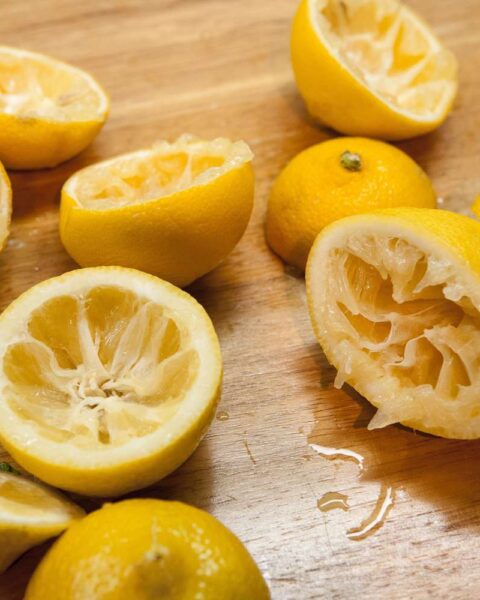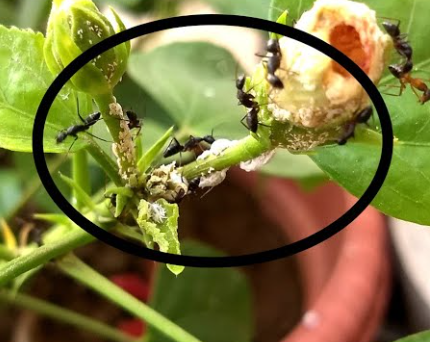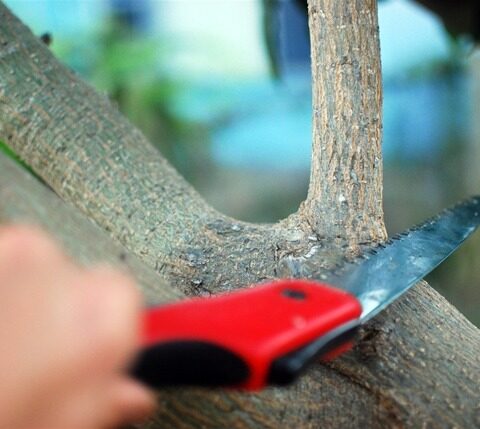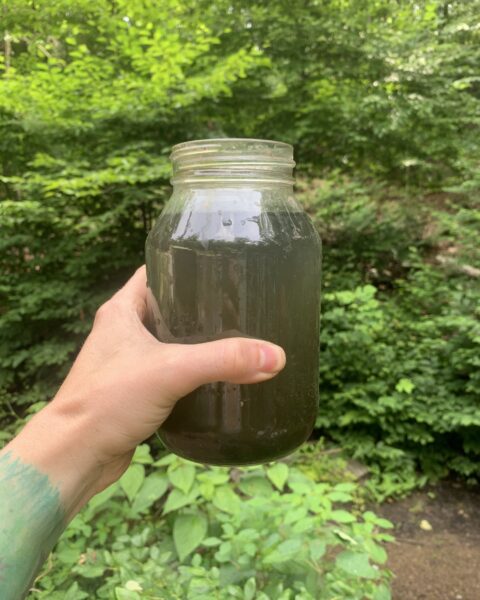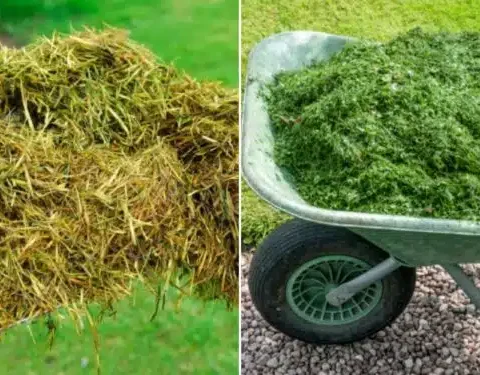In our modern era of agrochemicals and synthetic fertilizers, the wisdom of ancient agricultural practices often gets overshadowed. However, there’s a growing movement among farmers and gardeners alike to revisit these age-old techniques, recognizing their efficacy, sustainability, and minimal environmental impact. One such method gaining renewed attention is the art of crafting liquid fertilizer from natural ingredients.
Liquid fertilizer, also known as “compost tea” or “plant tonic,” offers a host of benefits for plants, including improved nutrient uptake, enhanced soil structure, and increased microbial activity. While commercial liquid fertilizers are readily available, they often come with a hefty price tag and may contain chemicals that can harm beneficial soil organisms and even pose risks to human health. By contrast, homemade liquid fertilizer offers a cost-effective and eco-friendly alternative, utilizing ingredients sourced directly from nature.
The Ancient Wisdom: Composting
At the heart of this ancient method lies the practice of composting. Composting is a natural process where organic materials, such as kitchen scraps, yard waste, and manure, are broken down by microorganisms into nutrient-rich humus. This humus, often referred to as “black gold,” serves as a valuable soil amendment, enriching the soil with essential nutrients and fostering a healthy ecosystem for plant growth.
Liquid Gold: Brewing Compost Tea
Compost tea takes the benefits of composting a step further by extracting the nutrients and beneficial microorganisms into a liquid form that can be easily applied to plants. The process of brewing compost tea is simple yet potent:
- Gather Ingredients: Start with high-quality compost as the primary ingredient. You can also add other nutrient-rich materials such as worm castings, seaweed, or even molasses to enhance the microbial diversity.
- Brewing: Place the compost and additional ingredients in a porous bag or container and immerse it in water. Aerate the mixture using aeration devices like air stones or simply by stirring regularly. This promotes the growth of beneficial aerobic microbes while preventing anaerobic conditions that can lead to foul odors.
- Steeping: Allow the mixture to steep for a designated period, typically between 24 to 48 hours. This allows the beneficial microorganisms to multiply and the nutrients to leach into the water, creating a potent liquid fertilizer.
- Straining and Application: After steeping, strain the liquid to remove solid particles, then dilute it with water to the desired concentration. Apply the compost tea to plants as a foliar spray or soil drench, ensuring thorough coverage for maximum benefit.
Benefits of Homemade Liquid Fertilizer
- Cost-Effective: Making your own liquid fertilizer eliminates the need for expensive commercial products, saving you money in the long run.
- Sustainability: By utilizing organic materials and promoting soil health, homemade liquid fertilizer supports sustainable agriculture practices that minimize environmental impact.
- Nutrient-Rich: Compost tea provides a balanced blend of essential nutrients, vitamins, and minerals, promoting robust plant growth and resilience against pests and diseases.
- Soil Health: The beneficial microorganisms present in compost tea help improve soil structure, increase water retention, and suppress harmful pathogens, creating an optimal growing environment for plants.
Conclusion
In a world where chemical fertilizers dominate the agricultural landscape, rediscovering the ancient art of crafting liquid fertilizer offers a beacon of hope for sustainable farming and gardening practices. By harnessing the power of nature’s bounty through composting and brewing compost tea, we not only nourish our plants but also nurture the health of the soil and the planet. So, the next time you’re looking to give your garden a boost, consider unlocking nature’s bounty right in your backyard. After all, the best fertilizer might just be brewing in your compost pile.

